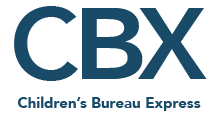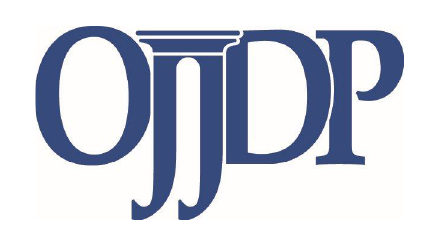CYPM is a model that uses a conceptual plan and organizational framework to minimize the involvement of crossover youth in the juvenile justice system by improving communication and coordination between professionals in both the child welfare and juvenile justice systems, providing more individualized interventions to youth, and increasing family engagement in the process. A primary goal of the CYPM is to reduce delinquency and system involvement of crossover youth by providing early, coordinated, and individualized services.
- May 2021
- The Office of Juvenile Justice and Delinquency Prevention


